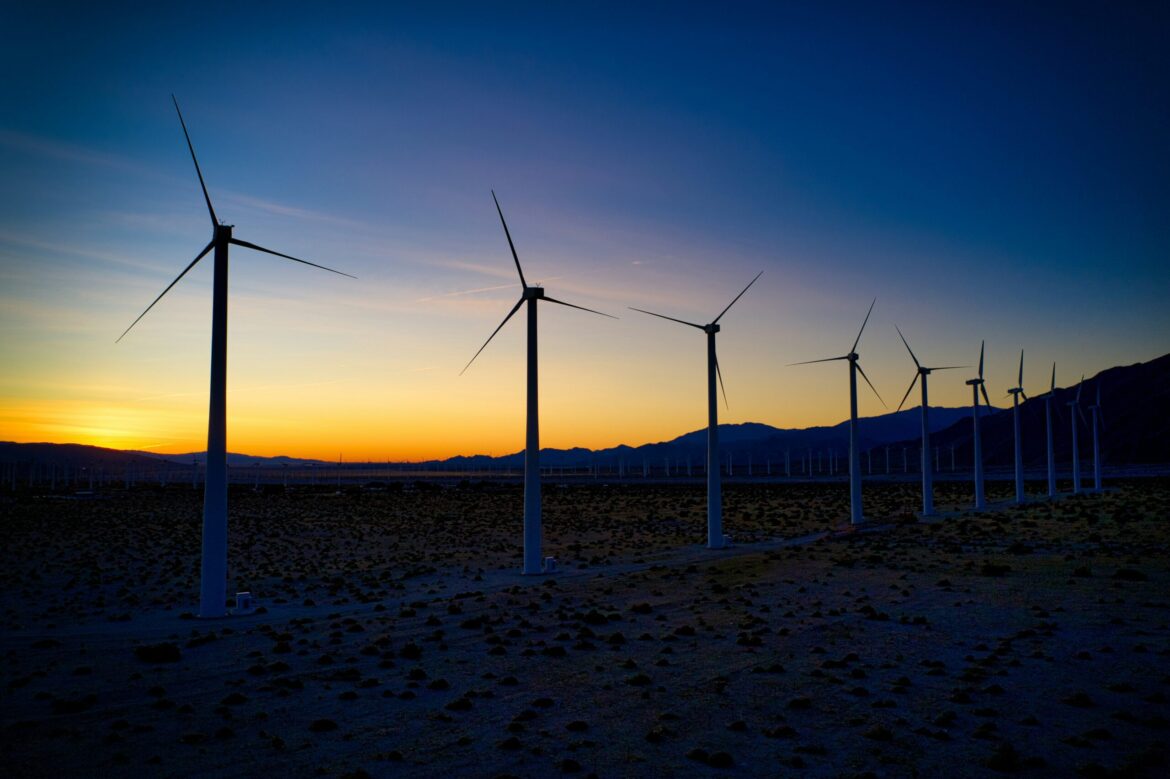The year began with sharp economic tensions as energy prices soared worldwide, setting off a wave of concern among policymakers and consumers alike. European natural gas rates surged above €100 per megawatt-hour, while Brent crude oil edged close to $90 per barrel, both figures reaching multi-year highs. This rapid escalation in energy costs alarmed central banks, including the European Central Bank (ECB), which issued warnings about the potential inflationary impact on economies already burdened by pandemic-related disruptions.
These price increases came at a sensitive time for households and businesses still recovering from the financial toll of COVID-19. As heating and transportation costs climbed, consumer purchasing power diminished, raising fears of reduced economic activity and increased pressure on governments to offer relief. The ECB and other financial institutions indicated that sustained high energy costs could further disrupt global markets and complicate monetary policy efforts aimed at stabilizing inflation.
Amid the turbulence in the fossil fuel sector, a significant milestone was reached in the realm of clean energy. According to the International Energy Agency’s Renewables 2022 report, wind and solar energy combined to generate over 10% of global electricity in 2021 for the first time. This achievement marked a pivotal moment in the transition to a low-carbon future and underscored the growing viability of renewables in the global energy mix.
This dual narrative—one of fossil fuel volatility and renewable energy progress—highlighted the evolving energy landscape. On one side, nations faced mounting pressure to cushion their populations against high utility and fuel bills; on the other, they were encouraged to double down on investments in sustainable infrastructure to reduce dependence on volatile fossil markets. As a result, many governments began crafting strategies that aimed to balance immediate economic relief with long-term environmental goals.
The situation catalyzed broader debates about energy security and climate policy. For some policymakers, the crisis served as a wake-up call about the risks of over-reliance on imported fossil fuels. For others, it was a reminder of the urgent need to accelerate the shift toward renewables, not just for environmental reasons but also to enhance resilience against market shocks.
By the end of January, it was clear that 2022 would be defined by these intersecting trends. With the world facing both the economic challenges of soaring energy prices and the opportunities offered by clean technology, the need for innovative and balanced policy responses had never been more apparent.

